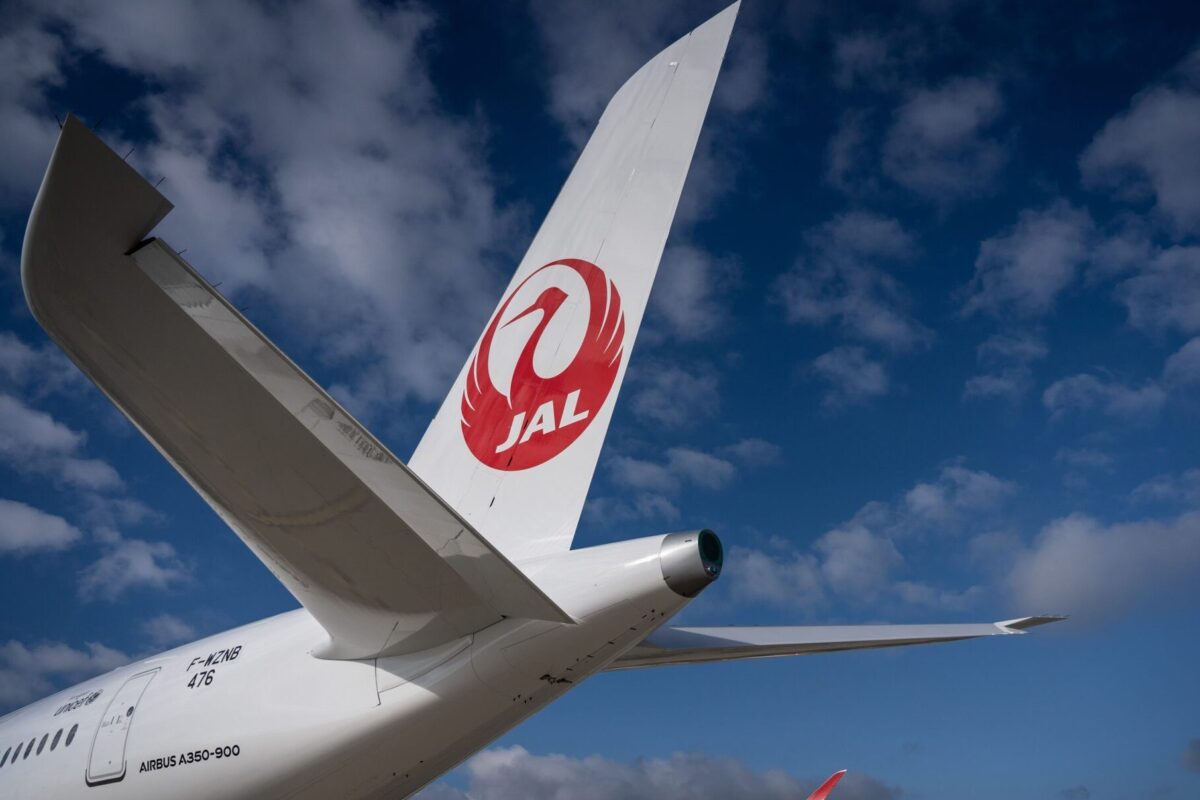Aviation Tech Provider SITA Raises $400 Million In ‘Green Financing’
SITA, a global technology provider for the aviation industry, has raised $400 million in so-called green financing.
As Skift described in its 2022 Megatrends report, green financing is an emerging trend where investments are made in companies that support or provide planet-friendly practices or products.
Four new banks have now signed up to support SITA with a sustainability-linked revolving credit facility, which has a minimum three-year term, the company said on Thursday.
The new funds will be directly linked to pre-agreed environmental key performance indicators and yearly targets, with a bonus (or penalty charge) on the interest margin depending on SITA’s performance. Performance against the targets will be externally audited.
The cash will go towards supporting the company’s general business needs, “such as developing new solutions and strategies to alleviate the air transport industry’s challenges of today and in the future,” it said in the statement.
SITA said it had ramped up its emission reduction efforts in recent years, achieving carbon neutral status under The CarbonNeutral Protocol in 2021. More recently it announced its commitment to setting science-based targets via the Science Based Targets initiative (SBTi) to join other leading companies to combat climate change aligned to net-zero and the 1.5C scenario of the Paris Agreement.
SITA’s five existing banking partners also participated in the raise.
“Sustainability is high on our agenda and we are deeply committed to ensuring a sustainable future for all, including for our employees, customers, and partners,” said Nicolas Husson, SITA’s chief financial officer. “We are delighted to secure financing that is directly linked to the performance of our sustainability ambitions.”
Speaking at Skift’s Sustainable Tourism Summit at the end of June, Intrepid’s chairman revealed that the tour operator recently received a large investment from a family-owned private equity firm because of its sustainability stance.
Saudi Arabia is also aiming to prop up its Red Sea tourism project with an up to $2.7 billion loan in green financing.
During the pandemic, SITA’s CEO said the tech provider had weathered the storm. but the private company will undoubtedly have been impacted by poor performances from its airports and airline customers as the pandemic continued to hammer travel.
“We contained our fall in revenue to -27% for the year, at $1.34 billion, compared to the previous year’s $1.8 billion,” said Barbara Dalibard in her 2020 report. “In reacting quickly to the crisis, we decreased our cost base in 2020 by 18 percent versus prior year, while reducing external support by 50 percent.”
It also achieved $300 million in cost reductions.
SITA was formerly known as Société Internationale de Télécommunications Aéronautiques, and was founded by 11 airlines more than a decade ago. The company’s board includes executives from several airlines.
Skift’s in-depth reporting on climate issues is made possible through the financial support of Intrepid Travel. This backing allows Skift to bring you high-quality journalism on one of the most important topics facing our planet today. Intrepid is not involved in any decisions made by Skift’s editorial team.




